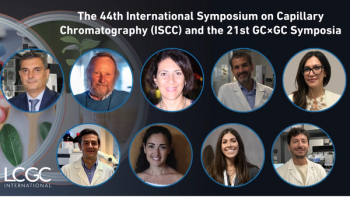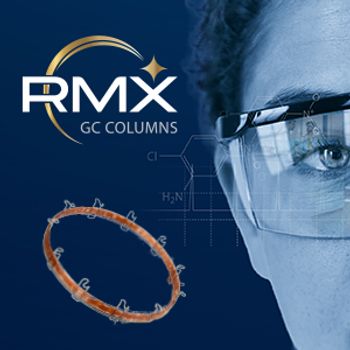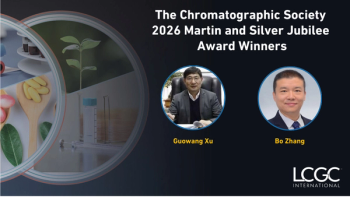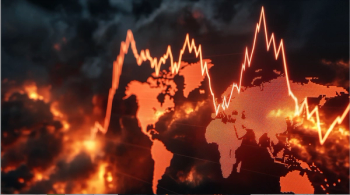
Revolutionizing Gas Chromatography: Metal Organic Framework + Ionic Liquid System Offers Unprecedented Separation Performance
Metal organic frameworks (MOFs) and ionic liquids (ILs) combine to form a powerful gas chromatography stationary phase, enabling improved separation properties and expanded application possibilities. This innovative system offers enhanced separation capabilities and paves the way for advancements in gas chromatography analysis.
Gas chromatography (GC) has received a major boost with the introduction of a novel stationary phase composed of a metal organic framework (MOF) and an ionic liquid (IL) pseudophase. This new development, led by Daniel W. Armstrong at the University of Arlington, was published in the journal Chromatographia, and has unlocked distinct separation properties and expanded the capabilities of GC (1). By investigating the behavior of four different MOFs in 18 ILs, researchers were able to identify the optimal combination for achieving remarkable separation performance.
The team successfully created a hybrid stationary phase by uniformly dispersing colloidal ZIF-8 (a type of MOF) in an imidazolium-based dicationic IL. This pioneering configuration enabled the first-ever separation of permanent gases through hybrid gas-liquid chromatography. Furthermore, the newly developed stationary phase demonstrated exceptional separation proficiency for various organic compounds, including alkanes, ketones, alcohols, ethers, and Rohrschneider-McReynolds compounds.
To gain deeper insights into the behavior of solutes within this innovative pseudophase system, the researchers derived equations for a three-phase model. These equations facilitated the calculation of distribution constants, providing valuable information on solute partitioning between the MOF, IL, and gas phases. Notably, the study emphasized the substantial impact of the MOF on solute partitioning to the stationary phase, highlighting the pivotal role of MOFs in the separation process.
This groundbreaking research opens new possibilities for gas chromatography, enhancing its efficiency and expanding its analytical capabilities. The combination of MOFs and ILs as a stationary phase represents a significant advancement in the field, with potential applications ranging from environmental analysis to pharmaceutical development. The improved separation performance and versatility offered by this novel system hold promise for researchers and scientists across various disciplines. As the scientific community awaits future developments, this breakthrough sets the stage for a new era of gas chromatography with enhanced precision and efficiency.
Reference
(1) Patel, A.; Aslani, S.; Firooz, S. K.; Armstrong, D. W. A Metal Organic Framework + Ionic Liquid Pseudophase System as a Gas Chromatography Stationary Phase. Chromatographia 2023. DOI:
Newsletter
Join the global community of analytical scientists who trust LCGC for insights on the latest techniques, trends, and expert solutions in chromatography.




